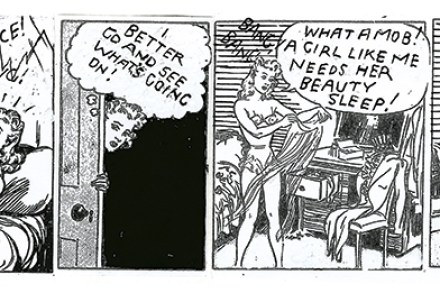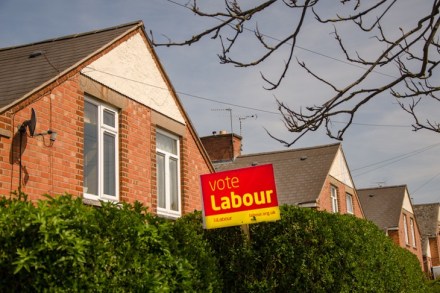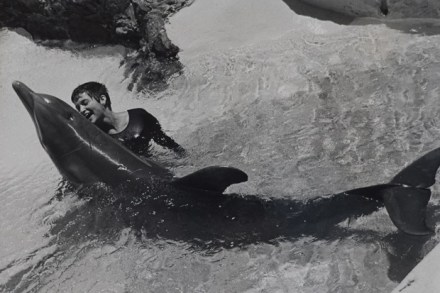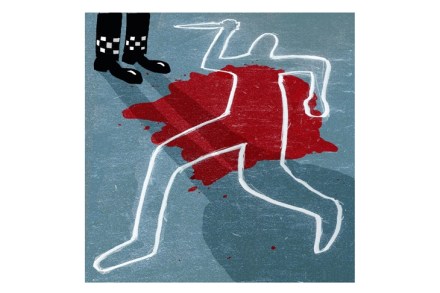Barometer | 11 July 2019
Ode to all sorts Brexit party MPs were likened to Nazis for turning their backs on a recital of ‘Ode to Joy’, the EU’s anthem. Yet Beethoven’s melody itself has one association which liberal-minded folk might find unsavoury — between 1965 and 1979 it served as the national anthem of Ian Smith’s Rhodesia, using the words: ‘Rise, oh voices of Rhodesia,/ God may we Thy bounty share./ Give us strength to face all danger,/ And where challenge is, to dare.’ It was during this period, in 1972, that the Council of Europe adopted the tune as its own anthem. It then became the European Community’s anthem in 1985. Police numbers Boris


















